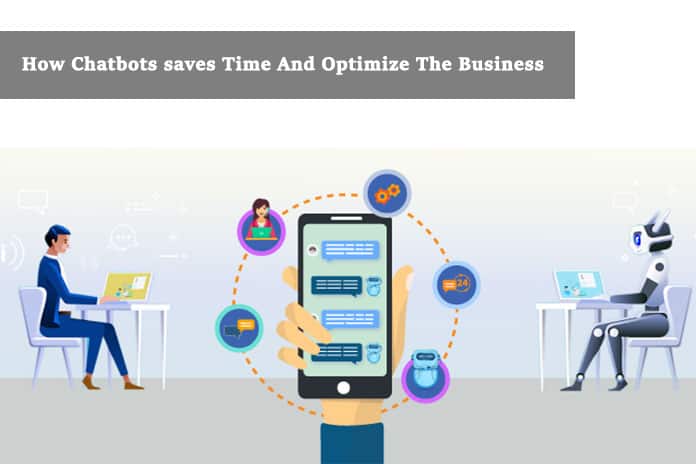Artificial Intelligence and “machine learning” have one of the most useful and profitable applications for the company in chatbots (programmable virtual assistants to collect and facilitate information, streamline diagnoses, administrative procedures and purchase/sale operations).
Thanks to them, they can increase their level of automation to save costs, time and allow their human teams to focus on designing value-added strategies, such as those focused on facilitating personalized customer service or designing new ones. competitive products and services.
Experts in estimating the influence of digital automation on companies have calculated that people could leave chatbots in charge of up to 45% of the routine tasks they usually carry out in their jobs.
In fact, these same experts affirm that, in six out of ten professions, 30% of the time could be saved, thanks to these virtual assistants. Taking one hour as a reference measure, that figure represents 18 minutes, which would lead to savings of 2 hours and 14 minutes during each 8-hour workday.
For its part, the consulting firm Gartner, in its analysis of predictions about Customer Experience Leaders, ensures that the implementation of chatbots in organizations will grow by 25% by 2020. Only 2% above what was estimated for 2017.
If we go back a couple of years, Business Insider also highlighted, in one of its articles from 2016, that 80% of the people who participated in A survey on emerging technologies, agreed that within their planning they had the development of this technology by 2020.
Chatbot + Application: Together with a winning Formula For Business
In addition to optimizing costs, time, and freeing up resources, chatbots can also connect with apps to streamline many business processes and improve productivity.
Thus, they can be used for marketing tasks, automatically collecting customer contact information and improving campaign results, even to speed up the team-building processes assigned to specific projects, or to help the RR department.
Going down to the ground where possible, in terms of saving costs and time, a clear example of the benefits is in the case of a major public body in which IBM developed a chatbot in order to streamline its provision of responses to inquiries about current legislation or its news.
After implementing it, the number of monthly emails received by the institution, related to consultations, decreased in six months by 95%. They went from being 1,000 to less than 50. The same happened with the number of monthly calls; This decreased 98%, from 10,500 in June to 200, in just three months.
Taking into account cases such as the aforementioned and the correct forecasts of its implementation, today, there are many advances that have been developed in the different business sectors: in the case of insurers, in 2016 there were already known success stories of the use of virtual assistants who helped more than 12,000 agents of a company.
Other innovations that stand out are the integration with AI in the financial area, optimizing communication with its clients through text messages; And of course, we could not leave the hospitality industry aside, where Marriott International offers its clients the ability to book and coordinate trips in more than 4,700 hotels of this hotel chain.
However, faced with the fears that its implementation may generate, six out of ten managers value the increase in employee productivity as the greatest advantage derived from using chatbots. Which undoubtedly translates into the efficiency of daily management performance and a quick return on investment.

